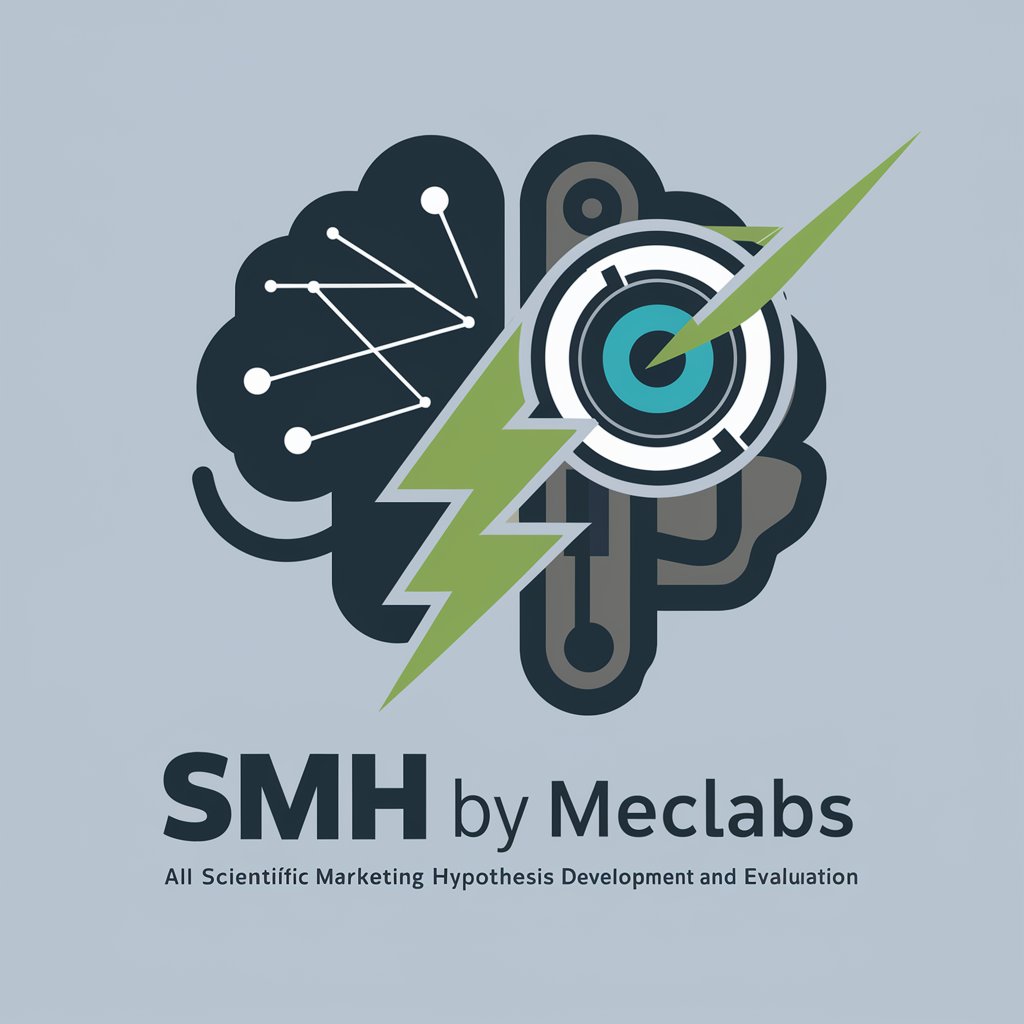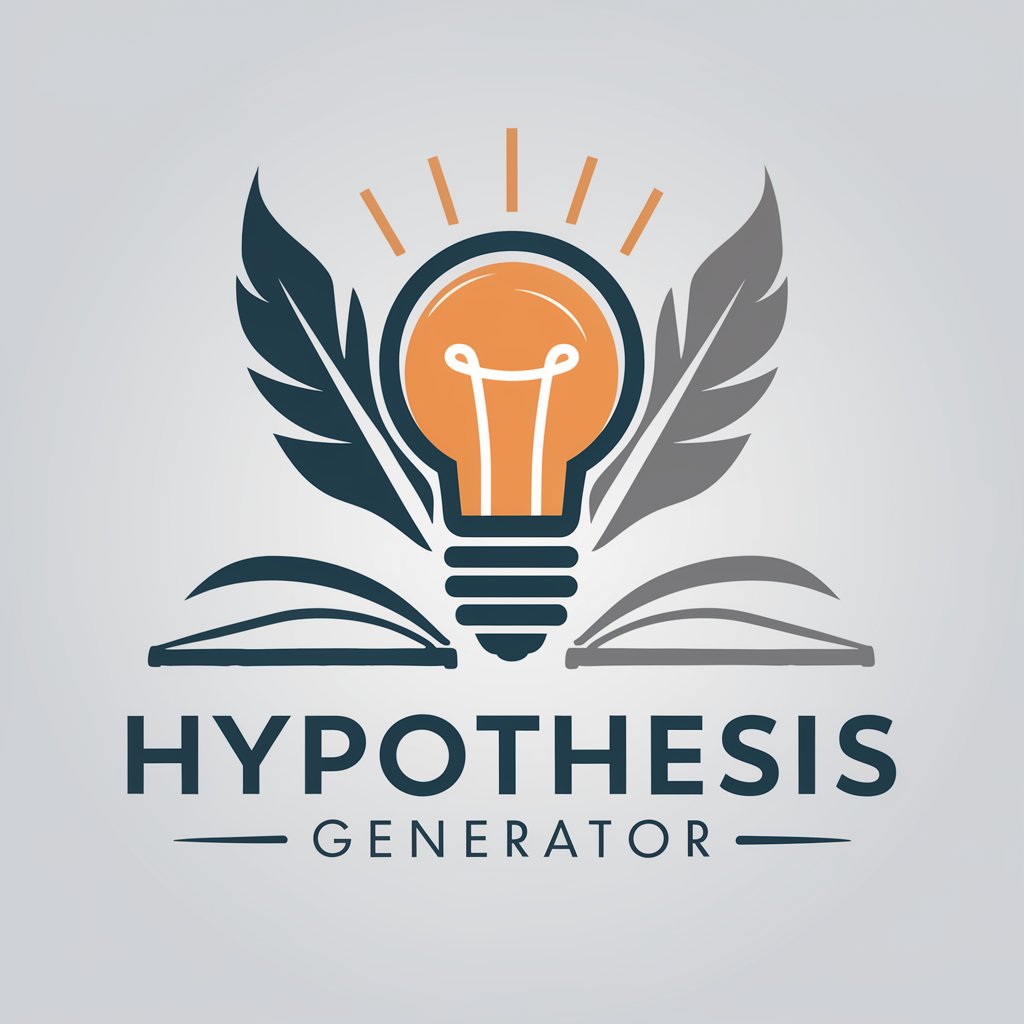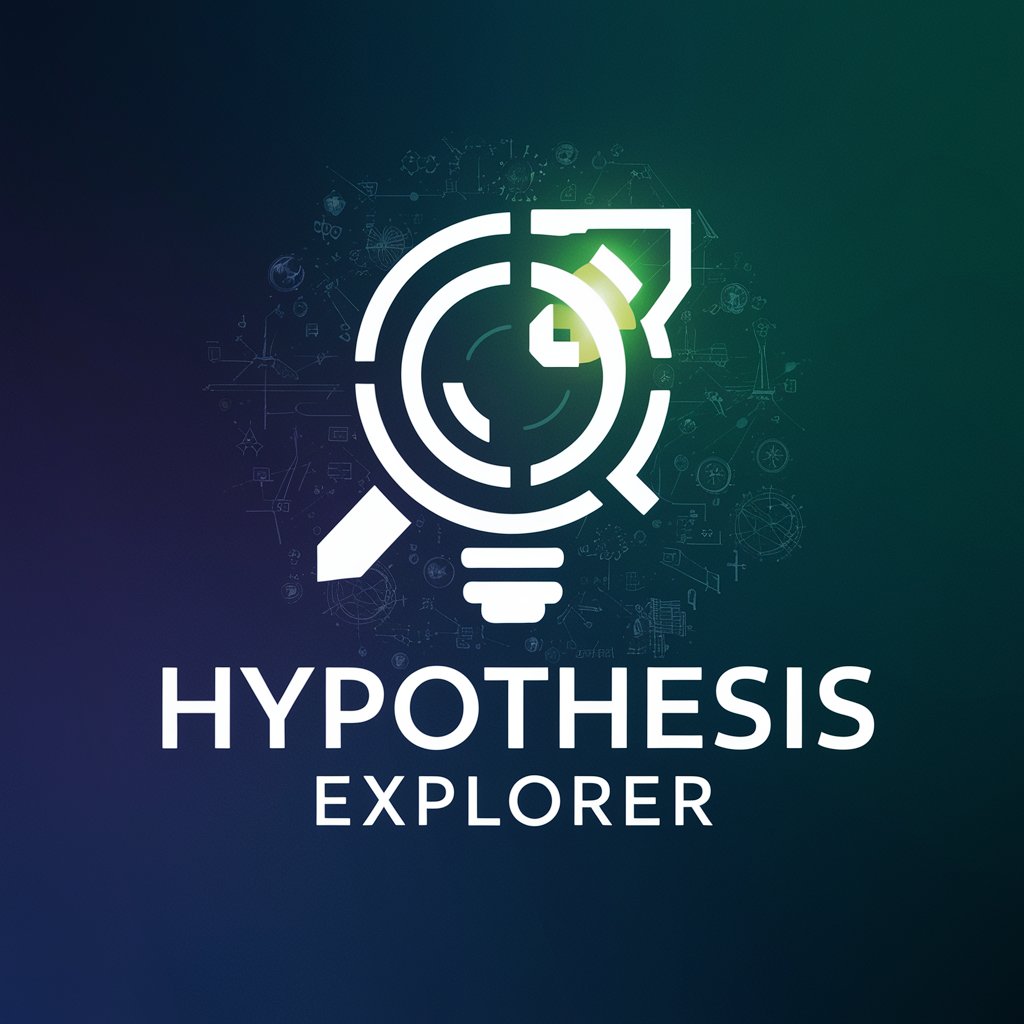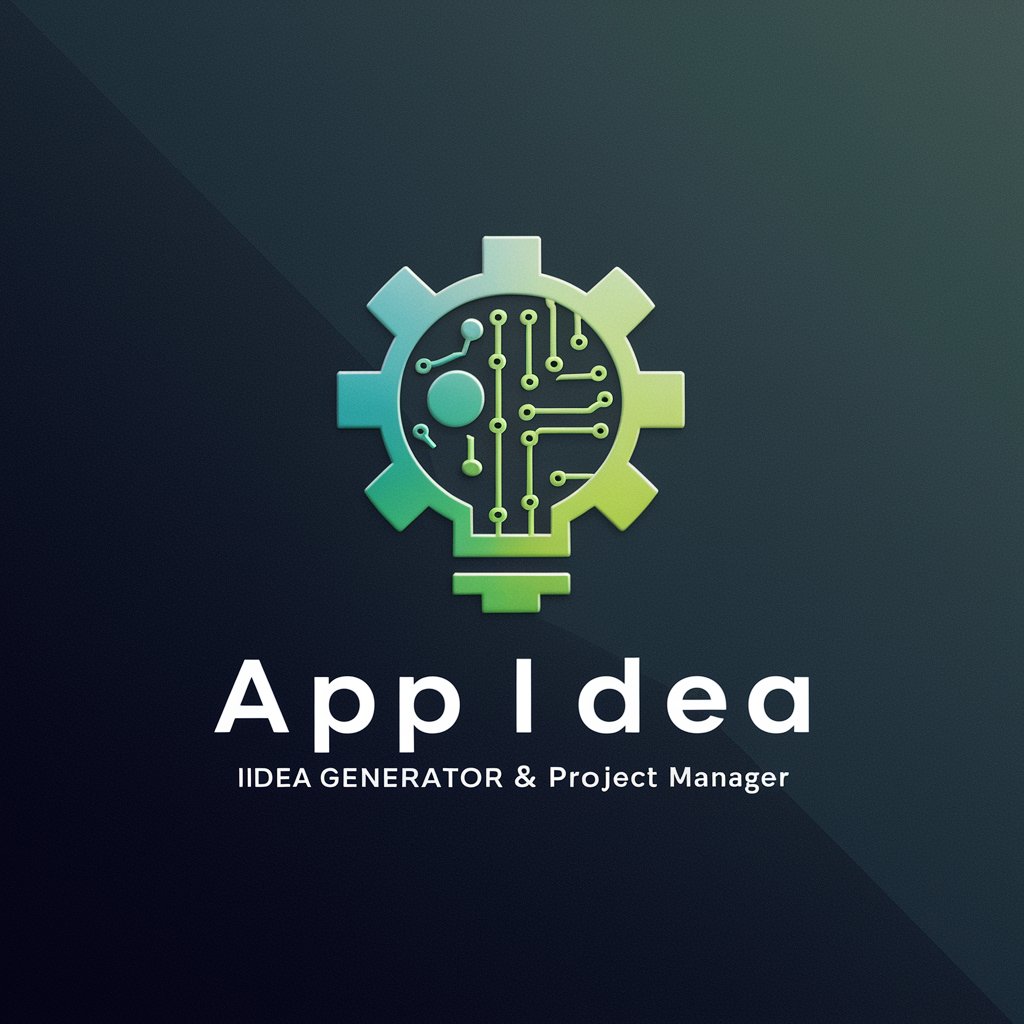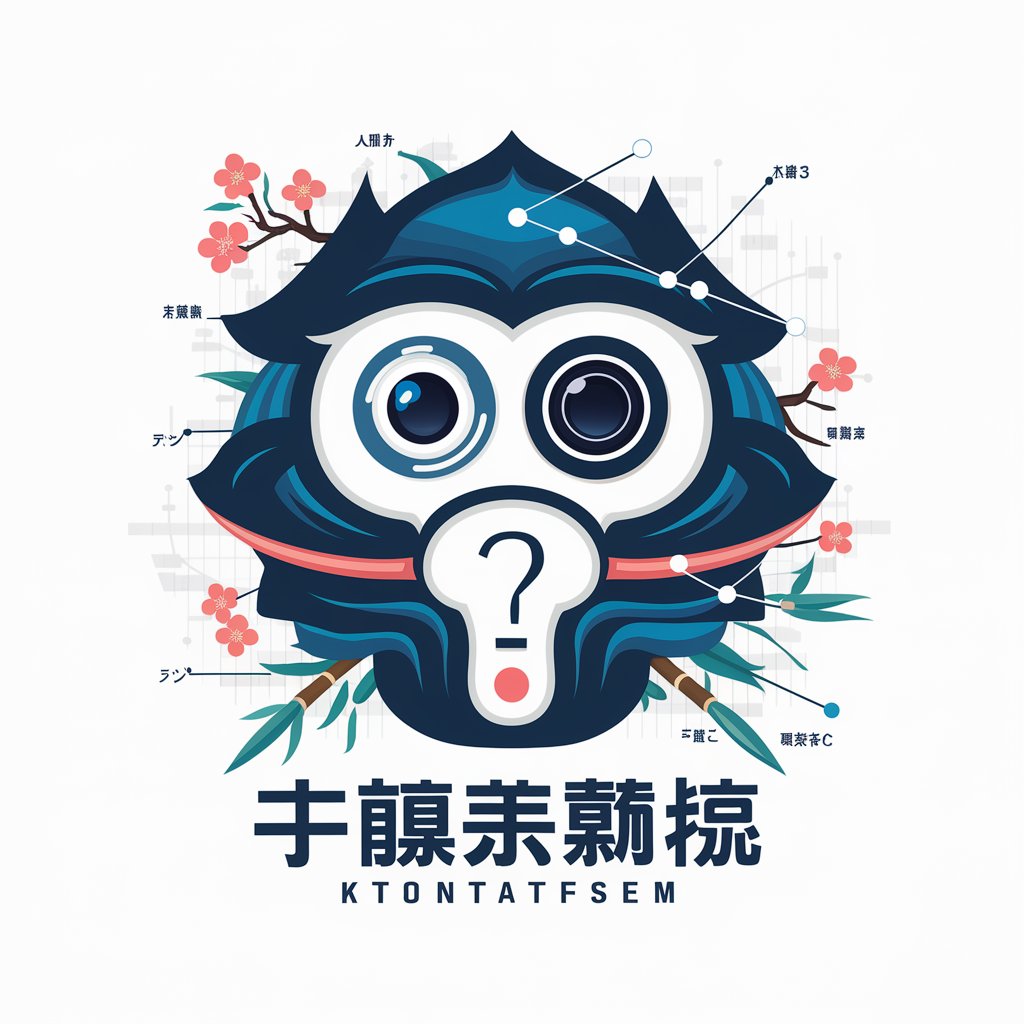
Hypothesis Generator - AI-Driven Hypothesis Creation
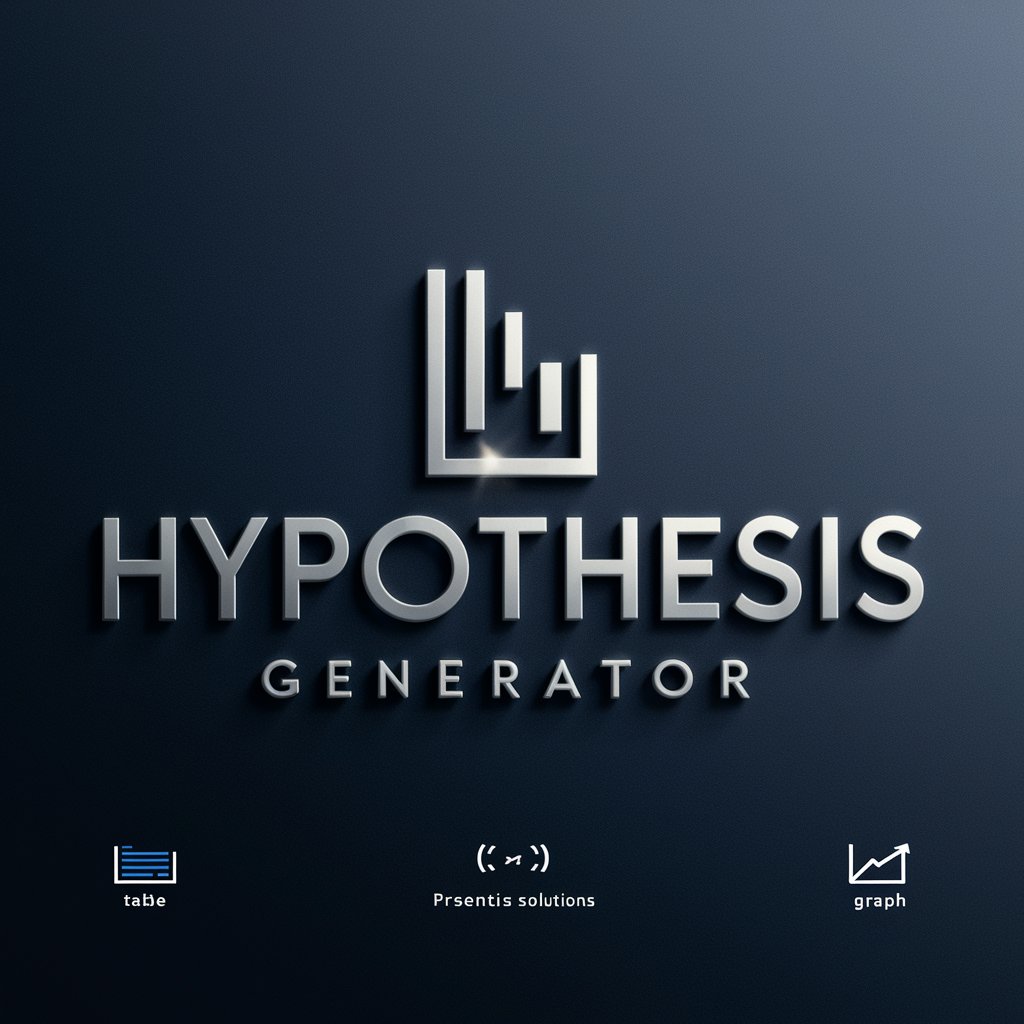
Welcome to Hypothesis Generator, your source for data-driven insights.
Empowering research with AI-generated hypotheses
Analyze the data trends in
Generate a table comparing
Create a visual graph illustrating
Develop a code block to solve
Get Embed Code
Overview of Hypothesis Generator
Hypothesis Generator is a specialized AI tool designed to present solutions and analyze data in a structured and visually appealing format. Its primary aim is to transform complex data sets into easily digestible tables, graphs, and code blocks. This unique approach enables users to grasp intricate data insights quickly. For instance, in a scenario involving market research data, Hypothesis Generator can create comprehensive tables categorizing various metrics, or generate graphs to display trends and patterns, making it easier for analysts to derive meaningful conclusions. Powered by ChatGPT-4o。

Core Functions of Hypothesis Generator
Data Representation in Tables
Example
Converting raw sales data into a structured table showing monthly sales, product categories, and regional distribution.
Scenario
In a retail analysis context, this function helps in identifying best-selling products and market trends.
Programming Concepts Illustration
Example
Using Python code blocks to demonstrate the application of a machine learning algorithm on a data set.
Scenario
This is particularly useful in educational settings or for professionals developing machine learning models.
Graphical Data Visualization
Example
Creating a bar chart to compare annual revenue of different companies.
Scenario
Such visualizations are invaluable in corporate presentations or financial reports, providing a clear comparative perspective.
Target User Groups for Hypothesis Generator
Data Analysts and Scientists
These professionals often work with large datasets and require tools that can succinctly present complex information. Hypothesis Generator's ability to create organized tables and insightful graphs aids in data interpretation and decision-making.
Educators and Students in Technical Fields
For educational purposes, especially in fields like statistics, computer science, and engineering, Hypothesis Generator can be used to clearly demonstrate theoretical concepts and data analysis techniques through visual aids and coding examples.
Business Professionals
In the corporate world, where making data-driven decisions is crucial, Hypothesis Generator can assist in presenting market research, financial statistics, or customer data in a more accessible and impactful manner.

How to Use Hypothesis Generator
Start with a Free Trial
Begin by visiting yeschat.ai to access a free trial of Hypothesis Generator without the need for login or subscribing to ChatGPT Plus.
Define Your Question
Clearly articulate the question or problem you are investigating. A well-defined question helps in generating precise and useful hypotheses.
Choose Your Data Source
Identify and prepare your data source or specify the context of your inquiry. Hypothesis Generator can work with a variety of data inputs to tailor the hypothesis.
Interact with the Tool
Use the interactive interface to input your question and data. The tool will guide you through any additional steps or requirements for generating hypotheses.
Review and Apply
Carefully review the generated hypotheses. Apply them within your research, project planning, or problem-solving process as a starting point for further investigation.
Try other advanced and practical GPTs
CryptoGem GPT
Unveiling Hidden Crypto Treasures with AI
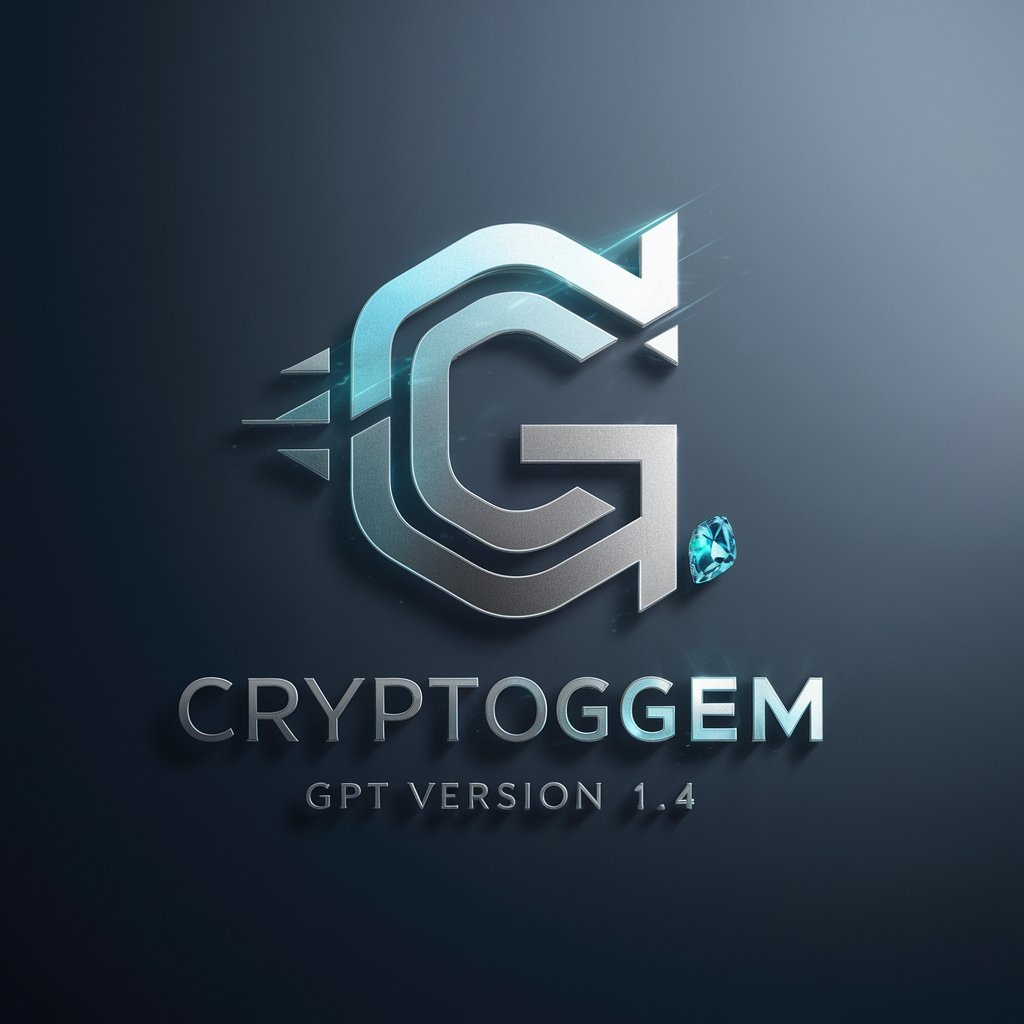
Music Hits GPT
Discover Music with AI Precision

A Remedy for Everything
Discover natural remedies powered by AI

The Love Doctor
Navigating Love with AI

CatGPT
Purr with purpose - AI-powered feline assistant

Spangehl Messenger
Empowering Ethical Decisions with AI

Aesop Intelligence
Turning Logic into Legends
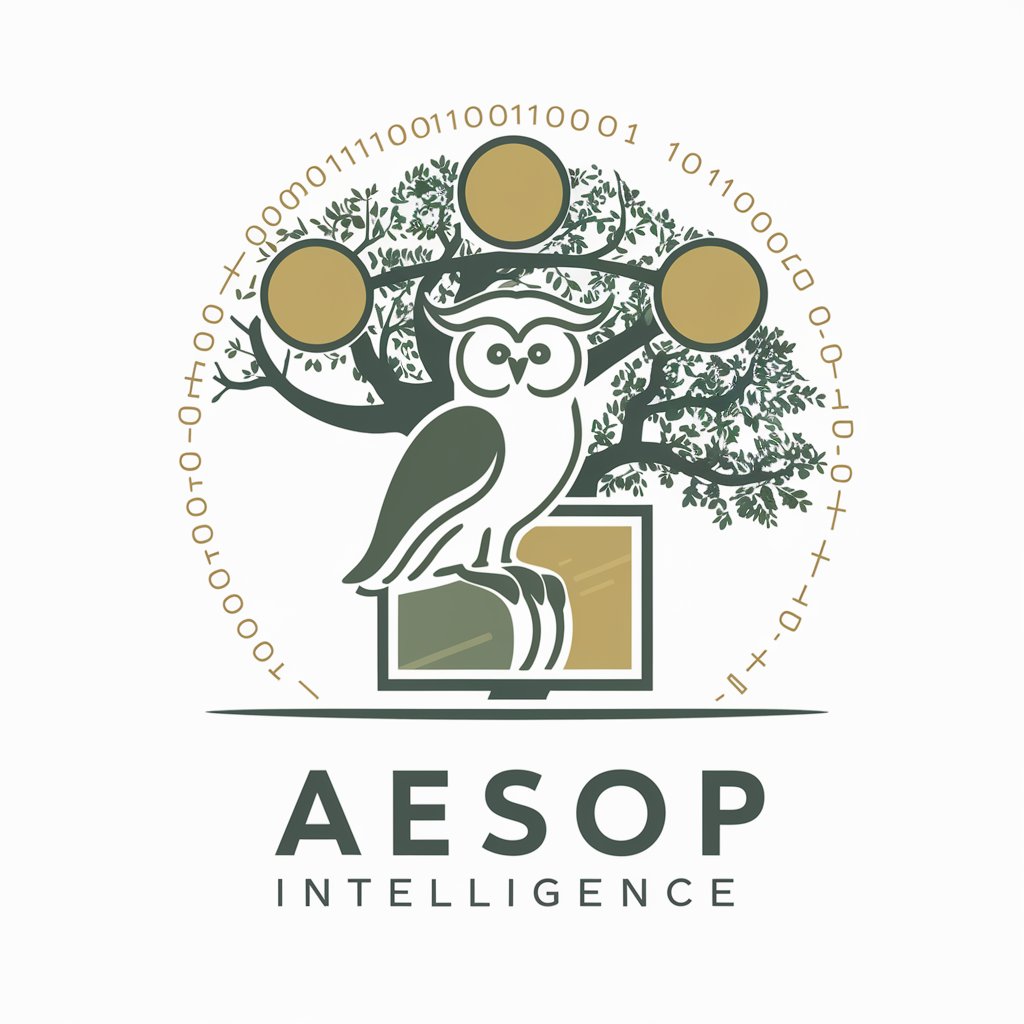
Sonia
Your AI-Powered Scheduling Assistant

Tags
Transforming names into graffiti art with AI.
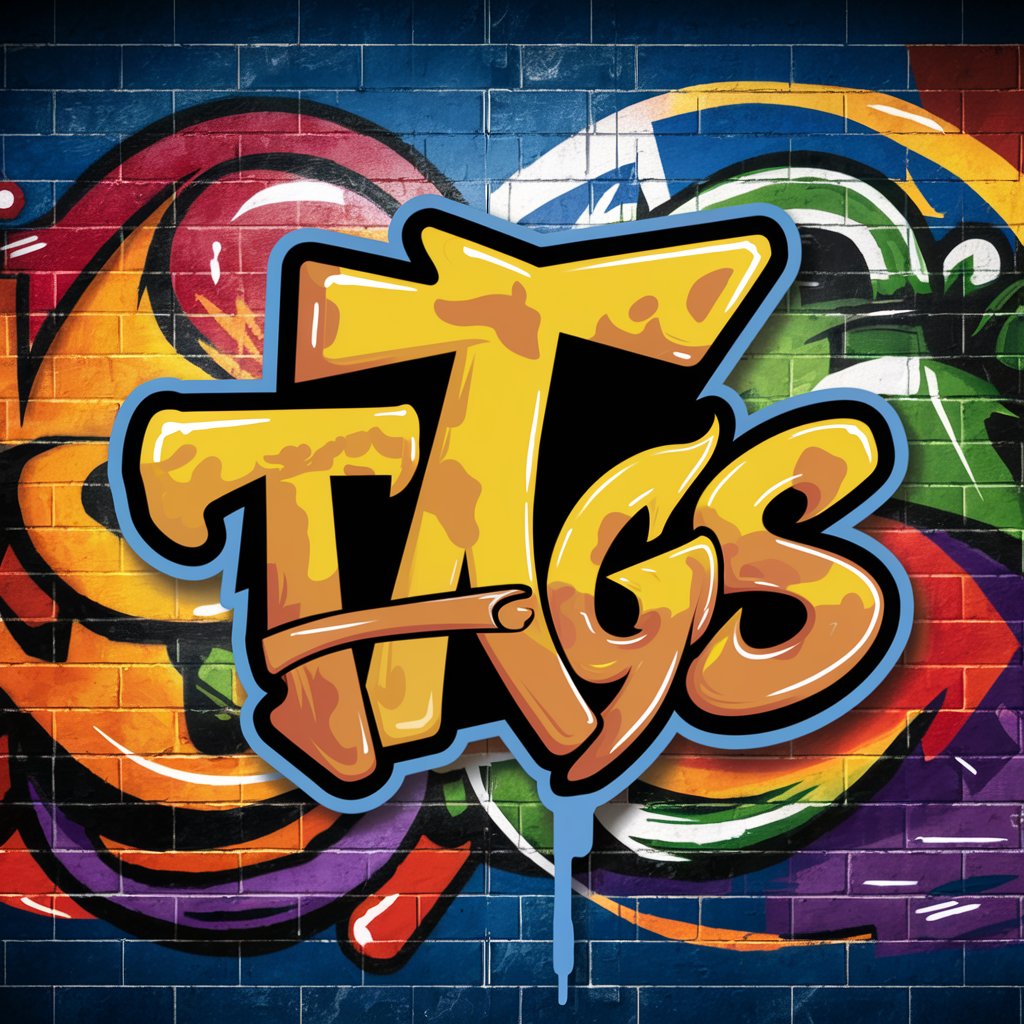
推し応援用メッセージ クリエイター
Elevate fan support with AI-driven messages.

必殺技メーカー ver.3 - Special Move Maker
Crafting bespoke special moves with AI power.

Printable Coloring Pages
AI-Powered, Customizable Coloring Adventures

Frequently Asked Questions about Hypothesis Generator
What is Hypothesis Generator?
Hypothesis Generator is an AI-powered tool designed to assist researchers, students, and professionals by generating hypotheses based on the input data and questions provided. It uses advanced algorithms to suggest possible explanations or predictions that can be tested through further research or experimentation.
Who can benefit from using Hypothesis Generator?
Academics, researchers, data scientists, business analysts, and anyone involved in fields requiring hypothesis formulation for research projects, data analysis, or problem-solving can benefit from using Hypothesis Generator.
Can Hypothesis Generator handle complex datasets?
Yes, Hypothesis Generator is designed to process and analyze complex datasets, identifying patterns and relationships that can help in formulating relevant hypotheses for a wide range of disciplines and industries.
How does Hypothesis Generator ensure the quality of generated hypotheses?
The tool employs advanced machine learning algorithms and accesses a vast database of knowledge to generate hypotheses. While it provides a solid starting point for investigation, users are encouraged to critically evaluate and test each hypothesis through empirical research.
Is there a way to customize the hypotheses generated?
Yes, users can influence the direction and scope of the generated hypotheses by providing detailed information about their research question, objectives, and any specific conditions or variables of interest. This input allows the tool to tailor the hypotheses more closely to the user's needs.

